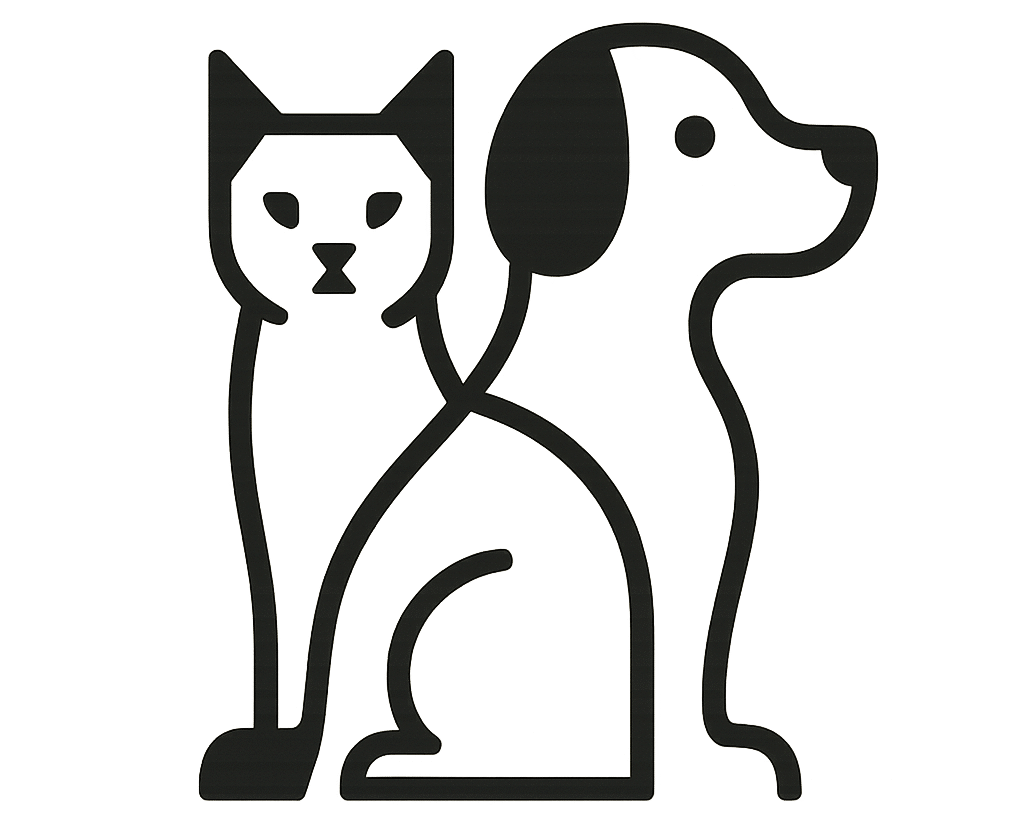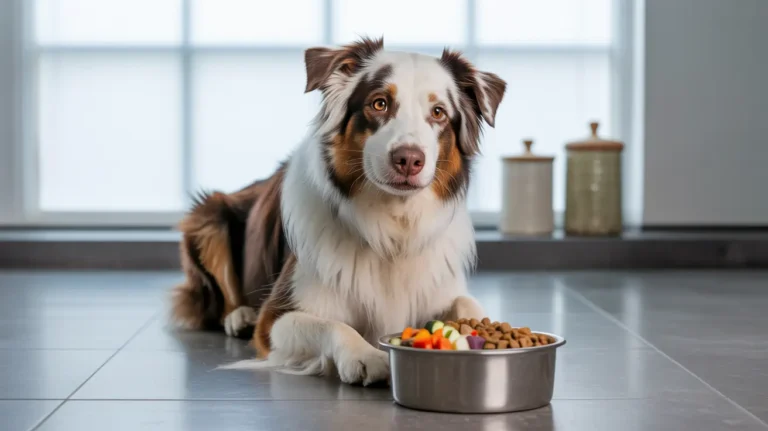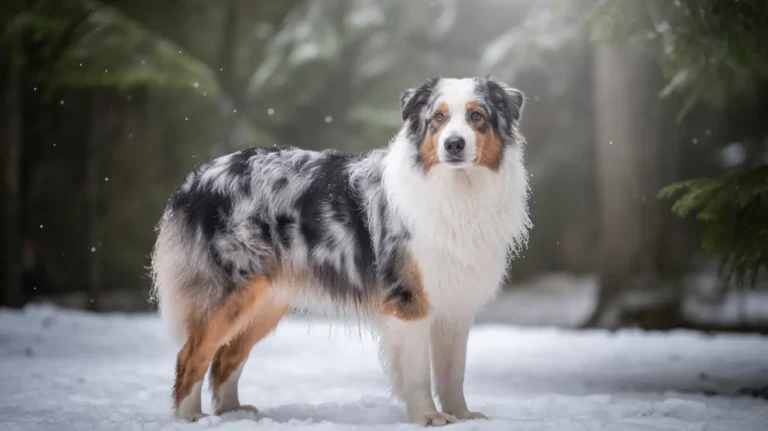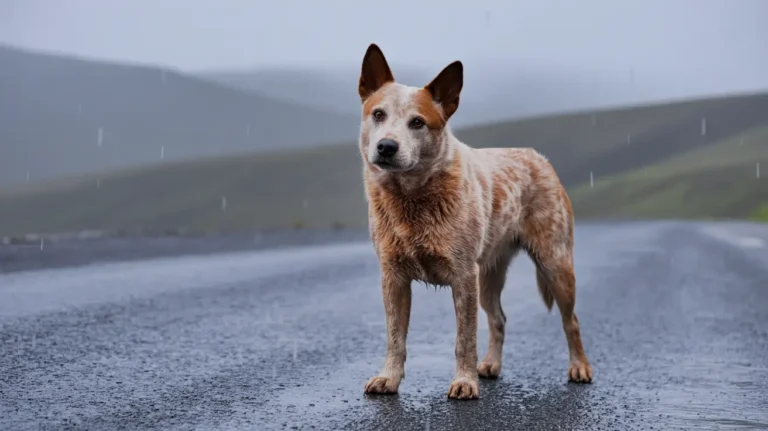Ultimate Guide to Australian Cattle Dog Diet and Nutrition
Australian Cattle Dogs (ACDs) are known for their energy, intelligence, and hardworking nature. These dogs were originally bred for herding cattle in harsh Australian conditions, requiring a well-balanced, nutrient-rich diet to fuel their active lifestyle.
As an owner, it’s crucial to understand the dietary needs of your Cattle Dog to ensure they stay healthy, happy, and energetic.Check out our complete guide about Australian Cattle Dog.
In this guide, we’ll dive into the nutritional requirements of an Australian Cattle Dog, the best foods for them, how much to feed them, and tips for maintaining their overall health. Whether you’re raising a playful puppy or an adult working dog, the right diet plays a key role in keeping your Australian Cattle Dog in peak condition.
Understanding Your Australian Cattle Dog’s Nutritional Needs
Australian Cattle Dogs are highly active and athletic, which means their dietary needs differ from less energetic breeds. Their diet should support their muscle development, energy levels, and overall health.
Puppy Nutrition: Setting the Foundation for Growth
When you bring an Australian Cattle Dog puppy home, you’re starting them on a lifelong journey of health and wellness. The right puppy food is essential for growth, proper bone development, and overall energy levels.
Adult Australian Cattle Dog Nutrition
As your Australian Cattle Dog matures, their nutritional needs stabilize. However, their energy requirements remain high due to their active and agile nature.
If your dog is not as active or is less involved in physical tasks, consider adjusting their portion size to prevent obesity. This is important because Australian Cattle Dogs can gain weight quickly if they aren’t getting enough exercise.
Senior Australian Cattle Dog Diet
As your Australian Cattle Dog ages, their metabolism slows down, and they may not need as many calories. Senior ACDs may also develop specific health conditions, such as joint problems or obesity, that require dietary adjustments.
Homemade Diets for Australian Cattle Dogs
Some owners like to prepare homemade meals for their Australian Cattle Dogs to give them the freshest and healthiest ingredients. However, homemade diets need careful planning to make sure they meet all your dog’s needs.
A homemade diet can be a great option if done properly, helping your Australian Cattle Dog stay healthy and active.
Choosing the Right Dog Food for Your ACD
Choosing the right food for your dog can feel overwhelming with so many choices out there. When it comes to Australian Cattle Dog diet and nutrition, it’s important to pick food that supports their energy, strength, and overall health.
Start by looking for dog foods that list high-quality animal protein—like chicken, turkey, beef, or lamb—as the first ingredient. Stay away from foods that use meat by-products or vague terms like “meat,” as they’re not the best quality.
Healthy fats are also important. Omega-3 and Omega-6 fatty acids help keep your dog’s coat shiny and skin healthy. Good sources include fish oil, chicken fat, and flaxseed. You might also consider exploring raw food for dogs if you’re looking for a more natural, whole-food approach.
Choose a food that matches your dog’s life stage. Puppies, adults, and senior dogs all need different nutrients, so age-specific formulas are a smart choice.
Try to avoid fillers like corn, wheat, and soy. These ingredients don’t add much nutritional value and can sometimes cause allergies or tummy issues.
If your dog has sensitivities, you might want to try a grain-free or limited ingredient diet. But remember—not all dogs need this. A well-balanced food can work just as well for most healthy dogs.
Keeping these tips in mind can help you choose the best food for your dog and improve their overall Australian Cattle Dog diet and nutrition.
Feeding Schedule for Australian Cattle Dogs
The right feeding schedule ensures that your Australian Cattle Dog gets their meals at the best times, keeping them energized and satisfied. Feeding at consistent times also supports a healthy routine.
Puppies
For puppies, offer meals 3–4 times per day to meet their growing needs. As they mature, you can gradually reduce the number of meals to prepare them for adult feeding habits.
Adults
Adult Australian Cattle Dogs generally do well with two meals a day — once in the morning and once in the evening. This helps maintain steady energy throughout the day and supports digestion.
Seniors
Senior Australian Cattle Dogs should also be fed twice daily. However, you may need to slightly reduce portion sizes depending on their activity level and metabolism.
Water Access
Always provide access to fresh, clean water throughout the day. Staying hydrated is crucial for your Australian Cattle Dog’s overall health and well-being.
Treats and Snacks
Treats are a fun and helpful way to reward your dog, whether you’re training or just showing love. Still, it’s important to give treats in moderation to support a healthy Australian Cattle Dog diet and nutrition.
Choose natural, healthy treats made from ingredients like sweet potatoes, carrots, or real chicken. These are not only tasty but also add some nutritional value. Avoid treats with artificial colors, flavors, or lots of sugar. These can harm your dog’s health and disrupt a balanced diet.
For training, use small and easy-to-digest treats. This helps prevent overeating while keeping your dog motivated. Using some of your dog’s regular kibble as a reward during training is a smart way to avoid extra calories.
Dental chews are also a good option. They support oral health and can be part of a well-rounded treat routine. By choosing the right treats, you can support your Australian Cattle Dog’s diet and nutrition while keeping them happy and healthy.
Common Health Concerns and How Diet Can Help
Australian Cattle Dogs are a generally healthy breed, but like all dogs, they can be prone to certain health conditions. A well-balanced diet can help prevent or manage many of these issues.
Final Thoughts on Feeding Your Australian Cattle Dog
Australian Cattle Dog diet and nutrition is an important responsibility that requires careful thought and attention. Their diet should support their active lifestyle, promote overall health, and meet their specific nutritional needs based on their age and activity level. If you’re still deciding if this breed is the right fit for you, check out the pros and cons of Australian Cattle Dogs to learn more.”
By choosing high-quality foods, maintaining a regular feeding schedule, and incorporating healthy treats and snacks, you can help your Australian Cattle Dog live a long, healthy, and happy life.
- Got an Aussie too? Here’s what you need to know about their diet: Australian Shepherd Diet and Nutrition






